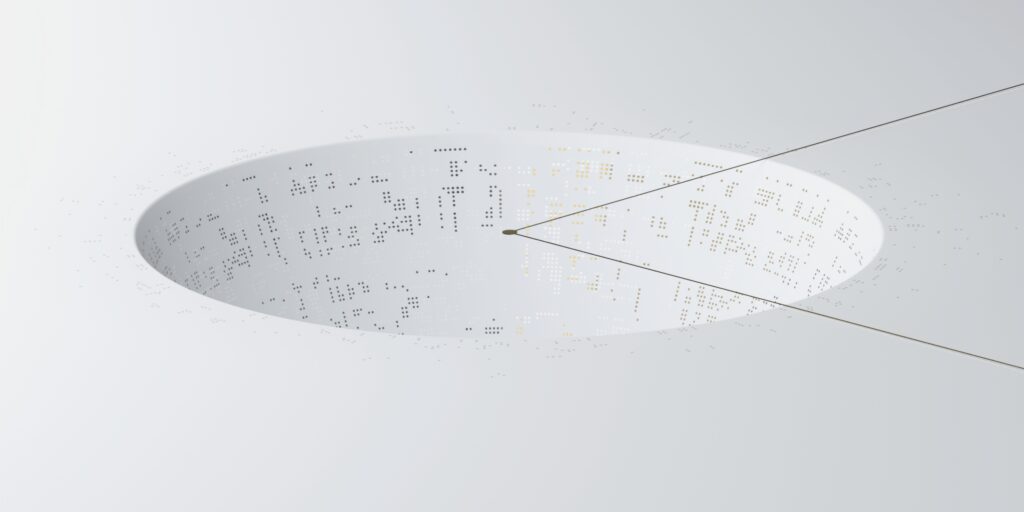Introducing Piano Zero: How Piano Meets Publisher Needs in the Cookieless Era
When Google Chrome announced in January that they were phasing out third-party cookies, the media industry finally tipped from slow-burn concern about the future of ad targeting into outright panic. While the end of third-party cookies had been considered on the horizon for a long time, now the end was truly near.
And with the end of third-party cookies comes the continued decline of third-party data, adding to those fears. But our point of view here at Piano is different.
We think it’s about time.
The truth is, third-party data was never very reliable. Once they understood what was going on, users didn’t like the idea of being tracked around the internet, and attribution models based on third-party cookie tracking weren’t particularly accurate anyway. Finally, the digital advertising industry has a chance for a major reset focused on reliable first-party data — and, better yet, zero-party data — to ensure explicit user consent and improved privacy and transparency.
And with the new release of Piano Zero, Piano is ready to help them make that happen.
The power of Piano Zero
Media companies are uniquely positioned to gather zero-party data — that is, data that is explicitly volunteered (for example, by users filling out a registration form or survey). It’s personal information, intent and preferences that consumers choose to provide for themselves, and it adds to the reliable first-party data that media companies also collect by tracking user behavior and content consumption habits.
It’s because of this access to zero- and first-party data that we see new opportunities for media companies to step up and reclaim ad revenue that was previously lost to ad tech middlemen, and to build on their direct relationships with users and advertisers. And Piano is the only end-to-end software provider that can help them seize the opportunity to gather and utilize that data.
As the DMP for the future of user data, we think Piano Zero will do for publishers’ advertising capabilities what Piano has done for their subscription capabilities so far.
An end-to-end solution
Piano Zero combines the tools needed to incentivize and acquire zero-party data and consent, with a first-party DMP to create segments and lookalikes — establishing a full set of end-to-end capabilities that together aren’t found anywhere else:
Capture zero-party data
In order to benefit from their trusted relationship with users and advertisers, media companies need to capture zero-party data from known users. Piano ID, our identity management solution, does that, providing registration and login, authentication and flexible data capture via custom fields. It enables you to identify your users across browsers and devices, and capture user information via progressive profiling — asking for data when it’s most relevant. You can use all of the data collected in Piano ID to segment and target users for marketing and advertising.
Piano ID also provides passwordless registration and login via email address and magic links. And if you’ve already got an identity provider, you can use ID’s “Bring Your Own Auth” feature to benefit from the data capture and targeting features. Beyond Piano ID’s built-in data capture capabilities, you can also connect data from your existing CRM, bringing offline zero-party data online and unlocking its potential, to create a holistic view of your users, however they interact with your business.
Create the right incentives and value exchange
Capturing that data requires the right incentives and value exchange — after all, users need a reason to share an email address, register or volunteer demographic and interest data. That requires more than just putting up a registration wall. You can certainly do that — the New York Times requires all users to register on their second article view — but most publishers can’t afford the negative impact on audience and pageviews from a hard registration requirement like that. Creating incentives beyond just access can increase the number of users who register without reducing audience. Piano Composer helps you target the right users at the right time with the right message, to encourage them to turn off an ad blocker, sign up for a newsletter, register for access to specific site content or features, or — integrated with Piano ID — exchange data at the right moment (for example, entering a zip code in order to get personalized weather forecasts).
Add implicit first-party data
While you can capture explicit zero-party data volunteered by users with Piano ID, you won’t get the full picture of user behavior without understanding their browsing behaviors and content consumption — that is, through their implicit first-party data. Piano’s real-time data engine automatically parses every page on your website, extracting meaning and content entities via natural language processing to create a content profile for every page. It then joins those content profiles with individual user patterns to extract rich, individual user profiles, understanding interests, intent and context. Content and user profiles are the foundation of our audience segmentation.
Build meaningful segments for advertising and marketing
The mother’s milk of audience targeting is sociodemographic data, but most publishers only collect that zero-party data from a relatively small group of users. That won’t take you very far in building meaningful segments for advertising and marketing. Media companies need the capability to extrapolate those segments via lookalike modeling into much larger audiences worth targeting. With even limited amounts of zero-party sociodemographic data, Piano DMP’s lookalike modeling can extrapolate millions of audience impressions. Our DMP takes the user profiles extracted from implicit and explicit data and allows you to build the most valuable segments for your business, to target users for engagement, subscriptions and high-CPM advertising. The ability to collect, model and target against desired data points in a single platform is unmatched by any other solution on the market.
Ensure full compliance
Finally, all of this data collection and targeting needs to be done in a way that meets the requirements of browser cookie policies and government regulations. The Piano platform is designed to be fully compliant with GDPR and CCPA, and meets the highest standard of data security — ISO 27001. Just as important, Piano cookies are true first-party cookies, meeting the requirements of Safari ITP and Firefox, so that you can be sure your users stay logged in if they want to, and that their permissions are being honored.
Thriving in a new data landscape
Piano’s publisher-first focus, and legacy of helping drive deep user relationships — deep enough to pay for content — underlies our approach to the ad market too. We’re dedicated to providing tools that help maximize revenue based on those relationships. Which is why Piano is excited about this next chapter of the internet — and what it means for media companies, advertisers and users.
Talk to us to find out more about how Piano Zero can help position your business for the future.






